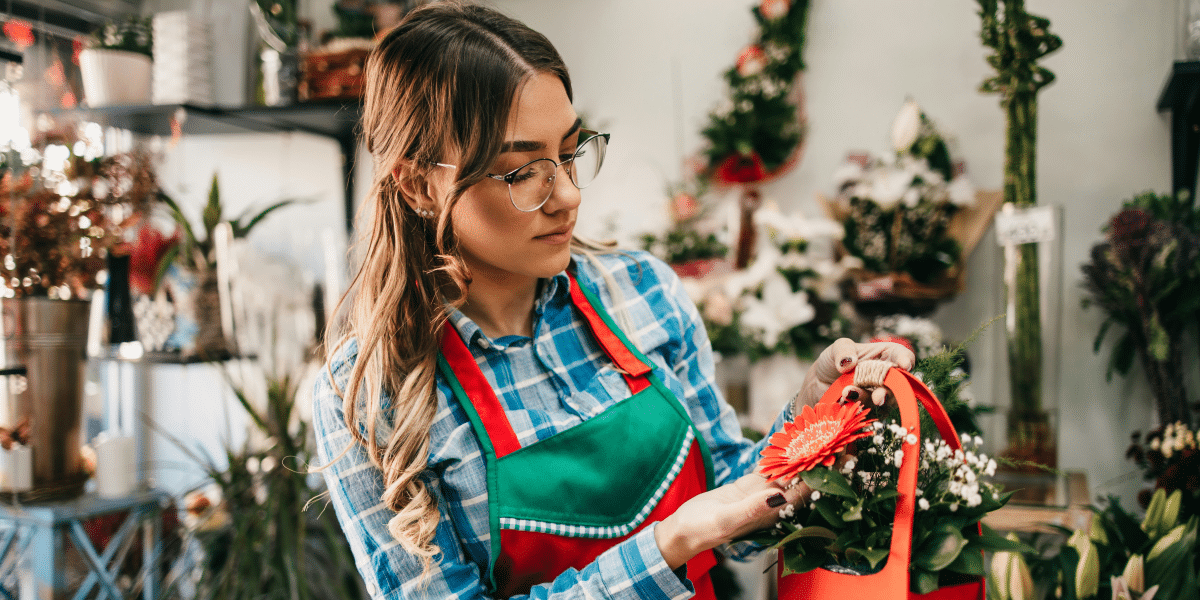In recent years, the rise of influencer culture has had a profound impact on the retail industry, transforming the way consumers discover, evaluate, and purchase products. With the growing popularity of social media platforms like Instagram, TikTok, and YouTube, influencers have emerged as powerful voices shaping consumer preferences and driving trends. In this article, we’ll explore how influencer culture has changed retail and revolutionized the shopping experience for millions of people worldwide.
1. The Power of Social Media Influencers
Social media influencers are individuals who have amassed a large following on platforms like Instagram, TikTok, and YouTube by sharing content related to fashion, beauty, lifestyle, and more. These influencers have built a loyal audience of followers who trust their recommendations and opinions on products and brands. As a result, influencers have become highly influential figures in shaping consumer behavior and driving purchasing decisions.
2. Authenticity and Trust
One of the key reasons why influencers have such a significant impact on retail is their ability to cultivate authenticity and trust with their followers. Unlike traditional celebrity endorsements, which can feel scripted and insincere, influencers often present themselves as relatable and genuine, sharing personal stories, experiences, and recommendations with their audience. This authenticity resonates with consumers, who view influencers as trusted advisors and seek out their recommendations when making purchasing decisions.
3. Social Commerce and Shoppable Content
The rise of influencer culture has coincided with the growth of social commerce, which refers to the integration of shopping features directly into social media platforms. Influencers often partner with brands to create shoppable content, such as product reviews, hauls, and tutorials, that allows followers to purchase featured items with just a few clicks. This seamless integration of content and commerce has made it easier than ever for consumers to discover and shop for products directly from their favorite influencers’ social media profiles.
4. Driving Trends and Viral Products
Influencers have a unique ability to drive trends and catapult products to viral status through their content. Whether it’s a must-have fashion item, a cult-favorite beauty product, or a trendy home decor piece, influencers can generate buzz and create demand for products by featuring them in their content. This phenomenon, often referred to as the “influencer effect,” has become a powerful force in the retail industry, with brands eagerly seeking out partnerships with influencers to capitalize on their ability to create trends and drive sales.
5. Influencer Collaborations and Brand Partnerships
Many brands have recognized the value of influencer partnerships and collaborations as a way to reach new audiences and enhance their brand image. Influencers often collaborate with brands to create co-branded products, limited-edition collections, or sponsored content campaigns that leverage their unique style, aesthetic, and personal brand. These collaborations allow brands to tap into the influencer’s audience and credibility, while influencers benefit from increased exposure and opportunities for monetization.
6. The Rise of Micro-Influencers
In addition to mega-influencers with millions of followers, micro-influencers have also emerged as influential voices in the retail space. Micro-influencers typically have smaller but highly engaged followings within specific niche communities, making them valuable partners for brands looking to target niche audiences. These influencers often have a more personal and authentic connection with their followers, which can translate to higher levels of engagement and conversion for brands.
7. The Future of Influencer Culture in Retail
As influencer culture continues to evolve, its impact on the retail industry is expected to grow even further. Brands will increasingly look to influencers as strategic partners in their marketing efforts, leveraging their influence and creativity to connect with consumers in authentic and meaningful ways. At the same time, influencers will continue to innovate and diversify their content offerings, exploring new platforms, formats, and opportunities for collaboration. Together, influencers and brands will shape the future of retail, driving innovation, creativity, and engagement in the digital age.
A New Age of Experience
Influencer culture has fundamentally changed the retail landscape, empowering consumers, driving trends, and reshaping the way brands connect with their audience. With the rise of social media influencers, authenticity, trust, and relatability have become central to the shopping experience, as consumers turn to influencers for inspiration, recommendations, and validation. As influencer culture continues to evolve, it will undoubtedly play an increasingly important role in shaping the future of retail, driving innovation, and driving engagement in the digital age.









